When I told my mum that AI was going to become the future of work, she was confused. After 5 minutes of me excitedly explaining how AI is the new electricity that will power ever industry, she remarked "Isn't Artificial Insemination already a thing?"
Artificial intelligence receives a lot of hype these days, and there seems to be a general fear that white collar workers are soon to be replaced by AI's much like blue collar workers were replaced by machines during the industrial revolution. While no doubt there will be specific occupations that will be threatened in this way, these are the minority. However, there's a different AI that will have a huge impact on almost every occupation.
At the risk of creating further confusion for my mum, I want to introduce an even more useful and powerful concept with the initials AI: Augmented Intelligence.
Augmented Intelligence is the use of artificial intelligence to enhance human decision making and make people more productive.
The concept is best illustrated by a simple example which we already see today: Augmented intelligence in eyecare. Here, AI is used as a tool to assist with the diagnosis of eye diseases based on images of the retina. There are many other similar diagnostic and treatment tools being developed right now. IBM have recently made headlines for the wrong reasons when their AI system recommended unsafe and incorrect treatments for cancer patients.
There are two key scenarios that augmented intelligence can be applied to:
Application 1 - A tool for lesser trained staff to enable them to fill the role of a more highly qualified person
This application is ideal when there is a shortage of specialists. For example in a developing country with a shortage of doctors, a village healthcare person with only minimal training could diagnose common conditions and prescribe treatments, or flag the need to travel to a hospital.
We're likely to see this used by companies operating in developed countries looking to outsource professional services. In the same way that clothing brands use cheap labour to produce products for western use, there's little to stop legal, accounting and engineering firms from outsourcing professional services work to cheaper countries where workers are told answers by an AI.
Application 2 - A tool for fully qualified professionals to further enhance their decision making and reduce incidence of human error
This is the type of AI that most of us will come to experience in the coming years (perhaps without knowing it). In the same way that we're not aware that we're using AI when we log in to netflix or do a google search, AI will impact our work in a gamut of imperceptible ways.
The danger we face is that frequent reliance on AI, even for a professional, can lead to laziness and lower standards. If an AI is correct 98% of the time, it's hard to stay motivated and on the lookout for the 2%.
A big challenge for policymakers will be finding ways to manage the use of AI in the delivery of services, ensuring that if AI recommendations are relied upon exclusively that the end user of the services is aware of this.
At Piccard, all of our solutions fall into the category of 'Augmented Intelligence'. They are tools to enable humans to do their jobs better. They don't replace human expertise - they add to it. We see the need for a new field of practice - Human AI Interaction Design. Much like how a UX designer creates a seamless user experience for a software application, an AI interaction designer needs to find ways to take raw AI capability and frame it in a way that effectively augments human intelligence.

